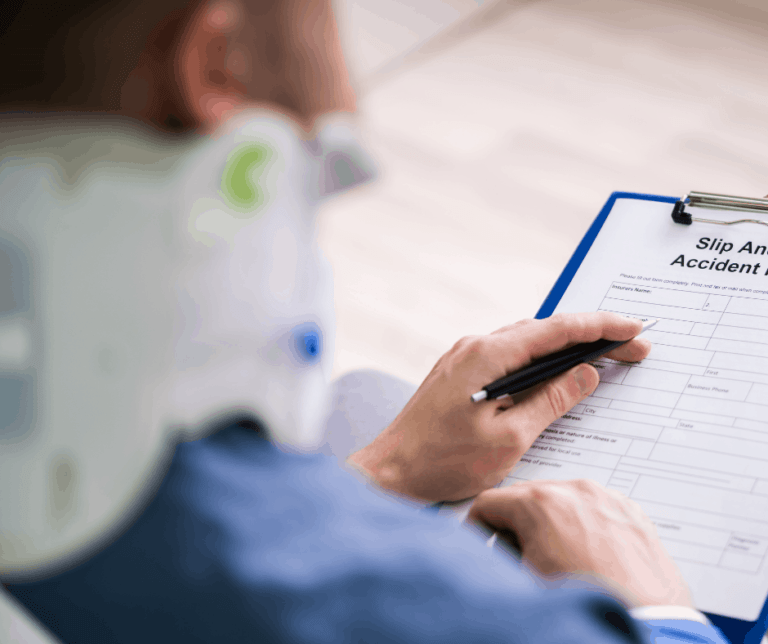A slip and fall case is a personal injury claim where an individual slips, trips, or falls on someone else’s property. These accidents happen in public and private places and fall under a public liability claim.
Unfortunately, these types of accidents are quite common and can occur anywhere and to anyone. They can be very frightening and potentially quite painful, producing large medical bills and a loss in wages.
Victims of Slip and Falls can often be left with serious and lifelong injuries. The injuries from these accidents can be a long physical recovery that can be complicate by medical expenses and extended time off work.
Whether the property is private or public, the occupier or owner has a legal ‘duty of care’ towards people who are likely to use that space, such as visitors and customers.
Common locations of public liability claims include:
- Shopping Centers
- Rental Properties
- Parks
- Bike Tracks
- Car parks
While some slip and fall cases have gained popularity in the news, with massive payouts against well-known supermarkets, a slip and fall injury case does not need to be big to be worth pursuing.
Making a Claim
Everyone’s situation is different, but generally speaking, if you have suffered a slip, trip or fall injury, you may be entitled to make a public liability claim.
A claim for slips, trips, and falls compensation generally covers physical and psychological injuries and losses. This includes not just past losses, but also future losses. While it will depend on your situation, examples of costs covered can include:
- Medical and hospital expenses
- Loss of work earnings
- Pain and suffering
- Home help received
Your Public Liability lawyer will need to prove that the owner or company responsible for the area (e.g. the supermarket) had a duty of care and was negligent. Generally, shops and public buildings do have a duty of care to take reasonable steps to ensure you, as an entrant, are not exposed to foreseeable risks of injury.
The simple fact that you incurred an injury within their premises does not automatically give rise to a right to sue, though. There must have been some negligence in that the owner failed to warn of and/or prevent the injury.
Typically, you need to lodge your claim within three years of the date you were injured, but it is more beneficial to start the claims process earlier and to get legal advice as soon as possible.
Legal Guidance
No two cases are the same, so it is always best to find out if you have a slip, trip or fall compensation claim by consulting an expert in the area of public liability law.
Our personal injury lawyers can help to ensure that you have a compensation claim and that your claim has the best chance of fair compensation.
For more information, get in contact with one of our personal injury law experts on 1300 695 299.
Written by Suzi Bidwell

